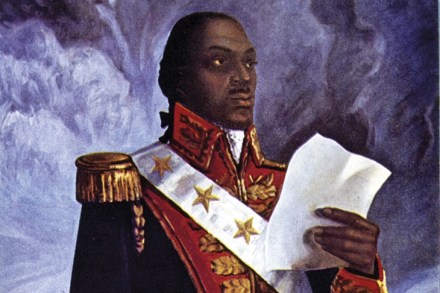Farewell to Lyra: The Rose Field, by Philip Pullman, reviewed
In the middle of The Rose Field, the third volume of Philip Pullman’s The Book of Dust trilogy, Lyra has a conversation with an angel about storytelling. What matters most in a dream, says Lyra, is not information but emotion. It reads like Pullman’s own manifesto: the power of the His Dark Materials and Book of Dust novels is how much they make us feel – about the tie between characters and their daemons, the fear of Lyra’s sinister mother Mrs Coulter, the love between Will and Lyra, the protectiveness of the courageous pot boy Malcolm Polstead… The driving emotional force that carries us through The Rose Field is our





